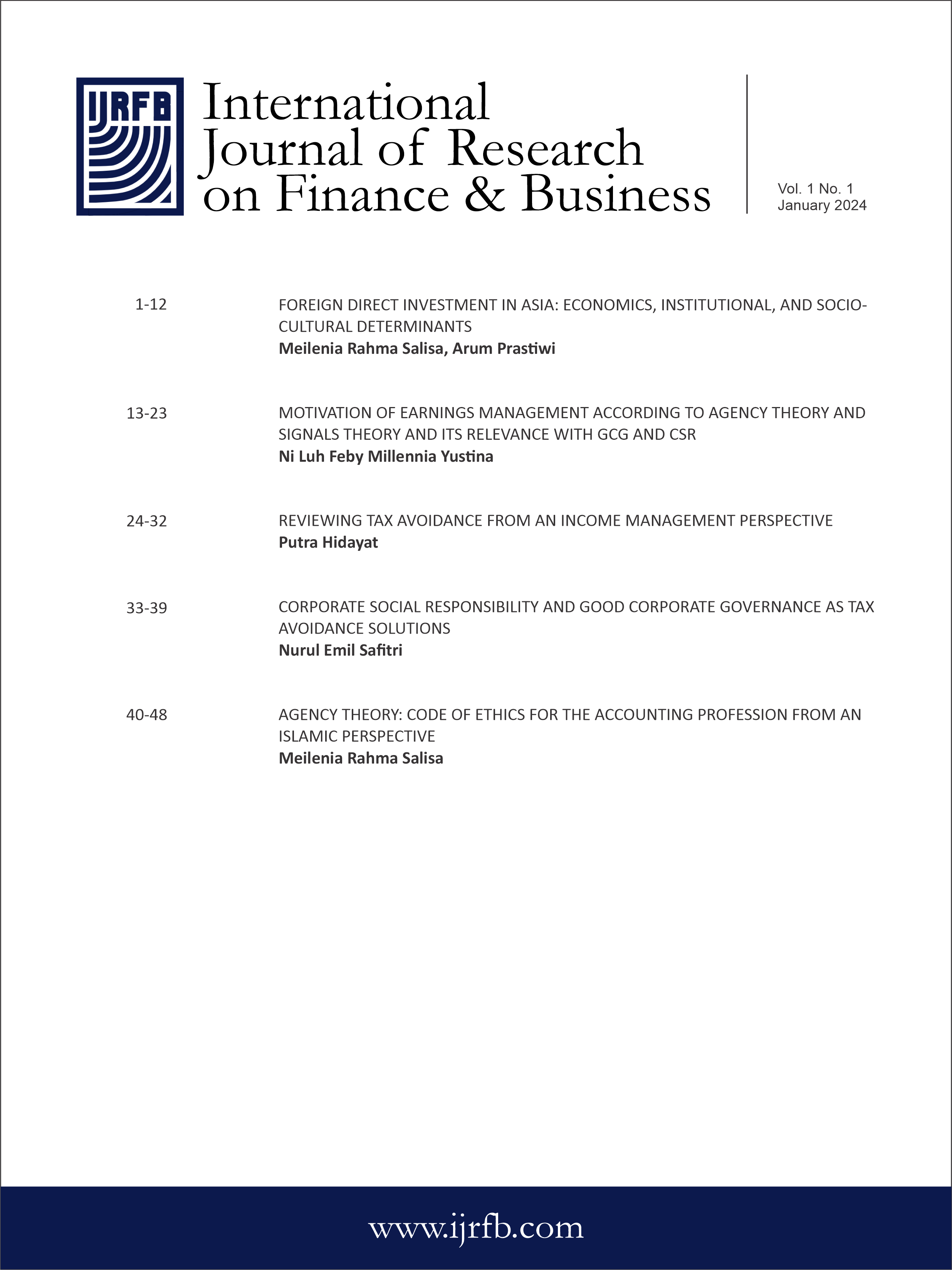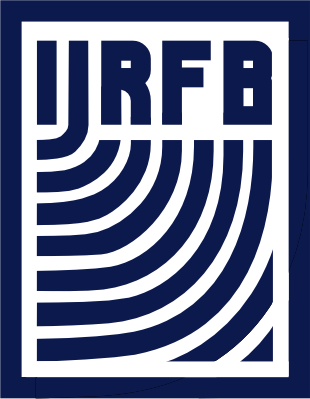REVIEWING TAX AVOIDANCE FROM AN INCOME MANAGEMENT PERSPECTIVE
DOI:
https://doi.org/10.70575/ijrfb.v1i1.3Keywords:
Earnings Management, Firm Value, Political Cost Hypothesis, Positive Accounting Theory, Tax AvoidanceAbstract
Tax avoidance is an effort to minimize the amount of tax that must be paid in a legal way and does not violate tax regulations. The phenomenon of tax avoidance can be explained from various points of view. In agency theory, there is a conflict of interest where management by taking advantage of the information it has can take actions that are not expected by the principal, one of which is tax avoidance. Tax avoidance can also be explained from the perspective of earnings management, namely that the company will minimize the tax burden through the choice of accounting methods that will affect the amount of profit reported by the company. This paper will try to review tax avoidance from the perspective of earnings management. In addition, it will also explain what schemes can be used by companies to carry out tax avoidance related to earnings management. Tax avoidance will also later be linked to the political cost hypothesis of positive accounting theory to explain examples of responses or regulations that arise as a reaction to the tax avoidance phenomenon. Knowledge of various perspectives related to tax avoidance can be a concern for various parties to respond and react to this practice. Tax avoidance undeniably affects many parties so it should be a shared responsibility so that this practice does not cause harm to many parties.





